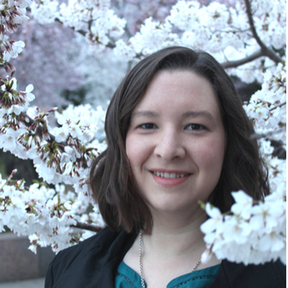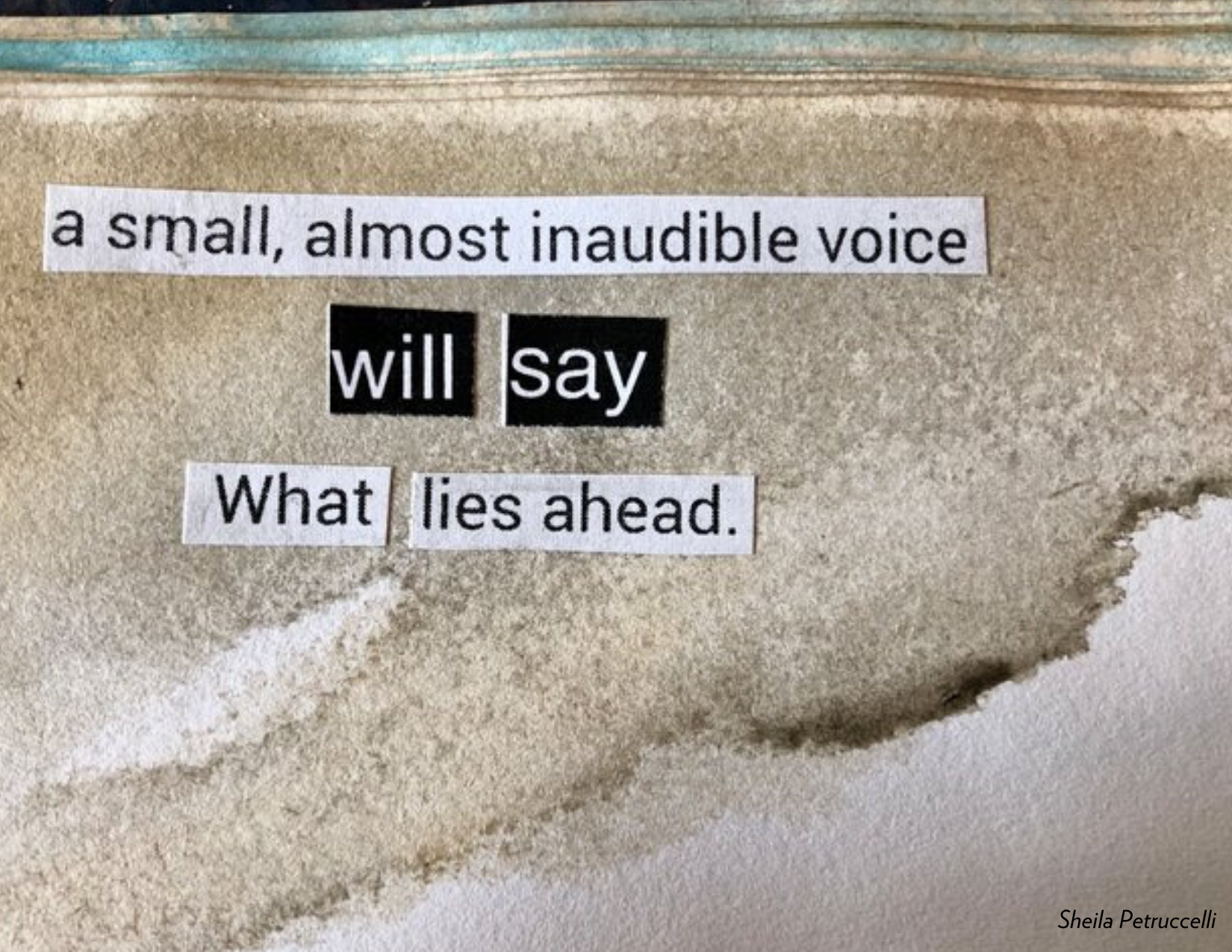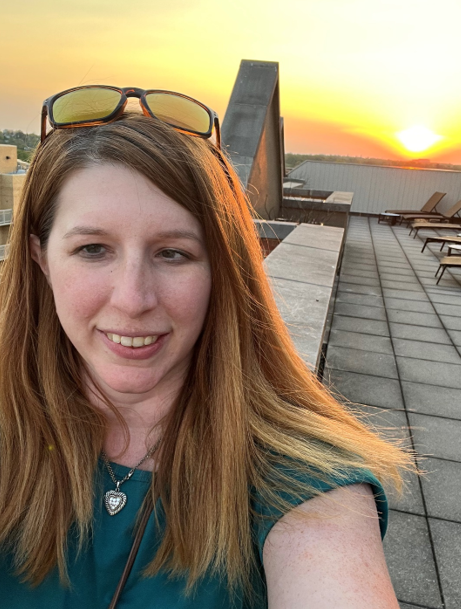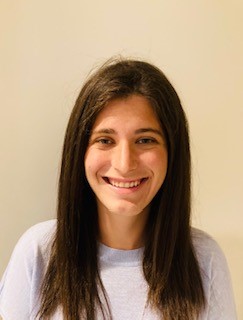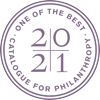From Roots to Fruits! A Season to Celebrate Cooking – Brunch
This program is being offered in-person. To register, please click the RSVP button above or email programs@smithcenter.org.
You will receive the Zoom information no later than the morning of your program.
with Chef Cathryn Pethick
From Roots to Fruits! A Season to Celebrate Cooking – Brunch
As our transition from Spring to Summer arises, the seasons’ abundance is at hand! It’s a perfect time to nourish and nurture ourselves after Winter’s dark, long chill has passed and we arise to the lightness and vitality of this time of growth and renewal. We will enjoy the best foods that Nature has to offer in this seasonal cycle, with nutrient-dense, whole foods- roots to fruits, whole grains and legumes, herbs and spices- that support us in every way, and are absolutely delicious! In this vegetarian, hands-on cooking class, we’ll share the preparation of delicious fresh foods that satisfy all tastes: sweet, sour, salty, bitter, pungent and astringent- for nurturing vitality, nourishing healing benefit and yum!
And, check out more of Chef Cathryn’s programs on our YouTube channel, under “Nutrition & Cooking.”
Suggested Donation: $30
About Cathryn Pethick
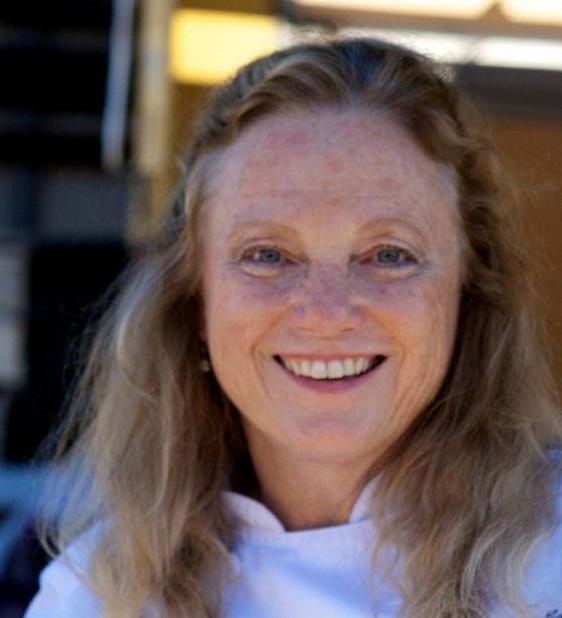
Cathryn Pethick, AA, AYS, C-IAYT is a certified yoga therapist and teacher, Ayurveda specialist, and professional chef- whole foods cooking and nutrition instructor. She shares those skills with private clients through her own Well-Being, founded in 2012, and is on staff with Maryland University of Integrative Health’s Masters in Nutrition degree program. At Smith Center, Cathryn teaches cooking and nutrition classes, gentle yoga, and contributes to Smith Center’s wonderful integrative cancer support retreats as chef and yoga therapist. She has decades of experience in diverse culinary settings, practicing/teaching yoga from a therapeutic perspective, meditation, and the study of Ayurveda, diverse spiritual and philosophical traditions, and Oriental healing/martial arts. Cathryn shares the intention of nourishing well-being for us individually and as a collective with yoga, meditation and food-as-medicine, by cultivating the healing power of balance, optimal nutrition that supports our vitality, and compassionate presence that nurtures us all.
This program is being offered virtually through Zoom. Please click <here> to register for this circle.
with Connie Murphy & Trish Garland, members of the Grief Team from Healing Circles Global
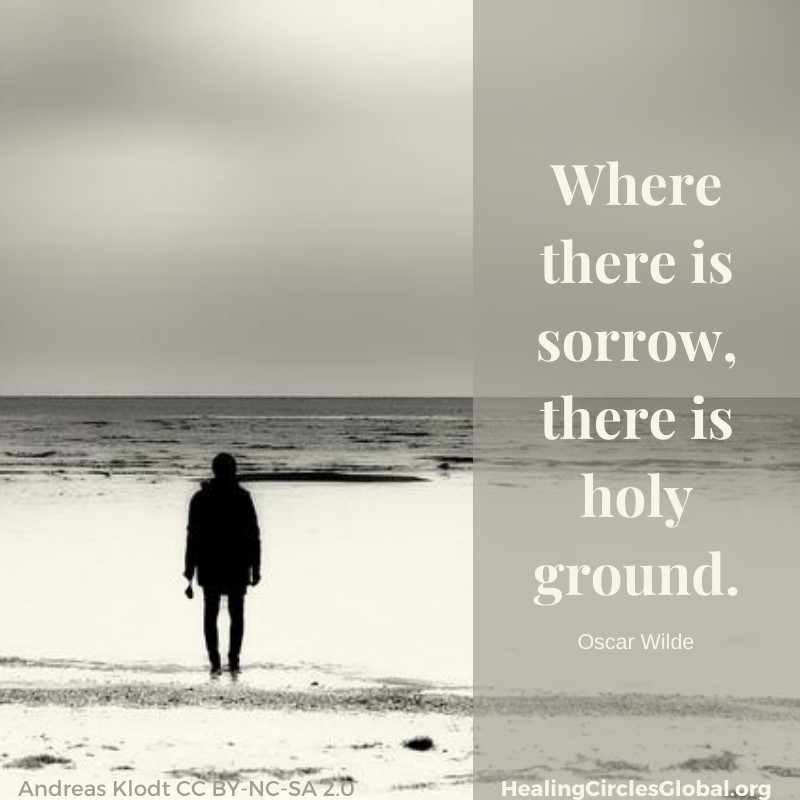
Please join us in a series Healing Circles for Grief “to discover the extent and limits of what is lost, what is left and what is possible.” – John Schneider
If you have lost a loved one, this is an opportunity to share what is on your heart and mind right now, to listen and be listened to deeply and generously. Together we create a safe space for listening to messages from our inner experience.
Our healing circles are a safe and supportive space to walk with each other through these times. Each circle is a blend of sharing and silence, compassion, and curiosity. Our agreements ensure acceptance and confidentiality. We honor our own unique paths to healing and respect the choices of others.
Some Assumptions about Grief
- The experience of grief is unique for each individual. While we can make some general assumptions, there is no template that describes the experience for all people.
- Grief is cumulative. That is, each time loss is grieved, the grief encompasses the lifetime of loss and the remnants of each experience.
- Grief following a significant loss is most often a lifelong process, with each pivotal point in life bringing the grief back up to be processed from a new perspective.
- Grief, loss and suffering fundamentally changes and reshapes the individual.
- Grief is not about forgetting or disconnecting. Rather, healthy grief is about remembering the parts of self that get lost amidst the experience and reorienting the individual in their relationship with self, the world and others.
- Grief is a whole body experience: emotional, physical, spiritual and intellectual. Each have a wide range of expression which can cue us that grief is present.
- While grief and trauma are often intertwined there are significant differences between them. Trauma should be addressed with trauma specific interventions that often go beyond what is possible in circles.
Adapted from Khris Ford
Grieving Together Healing Circle will meet Weekly on Tuesdays from 11:00am-12:30PM EST/2:00-3:30pm PST from April 22 – May 27.
Grief Circle Dates:
- April 22 & 29
- May 6, 13, 20 & 27
Healing circles are offered at no charge. If you’re able, we invite you to make a gift to help cover the cost of participating when registering through Healing Circles Global.
About Connie Murphy
Following a corporate career in manufacturing and delivery services, Connie’s exploration of “what might be next” took her far from the business world and into Circle Practice. Her training has been in Restorative Circles, Courage & Renewal facilitation and now into Grief Circles.
She came to this practice through the Smith Center’s Compassionate Caregiving in 2022 and then to the Center’s Grief Circles. First as a participant and now an apprentice, she looks forward to hosting in the near future and continuing to expand her practice as circle keeper.
About Trish Garland
Trish Garland has been a HCG Grief Circle Facilitator since 2020. She has facilitated dozens of circles and has personally experienced multiple painful grief journeys from loss to healing. She holds a deep trust in the power of listening to facilitate healing, and believes we heal best in community. Trish holds steady to the hope that communal sharing of our grief journeys while experiencing losses, non-death losses, anticipatory losses, and generational and ancestral grief/losses will not only help us to heal each other but will also help to heal the world.
This class has been canceled.
with Chef Laura Pole
Healing in the Kitchen with Chef Laura: Preparing Delicious Food to Eat Now or Freeze for Later
One thing you can do to prepare for treatment is to make sure you have nourishing, easy to prepare and eat meals on hand. If others have been asking what they can do to help, bring them along to Chef Laura’s class.
You’ll all learn how to prepare nourishing meals and snacks to put in your freezer for those days when you don’t feel like cooking. You’ll learn about storing and reheating foods so they maintain their taste and pleasing texture.
We’ll be making and eating some scrumptious soups, sauces and snacks as well as protein-packed patties. Come with a good appetite and a sense of lightness knowing you will eat well during treatment.
Suggested Donation: $30
This program is offered for free or at a low cost on a pay-as-you-can basis. Contributions are not required to attend, ensuring accessibility for everyone. If you’re able to donate, we deeply appreciate your support—every contribution directly funds our cancer support programs.
About Laura Pole
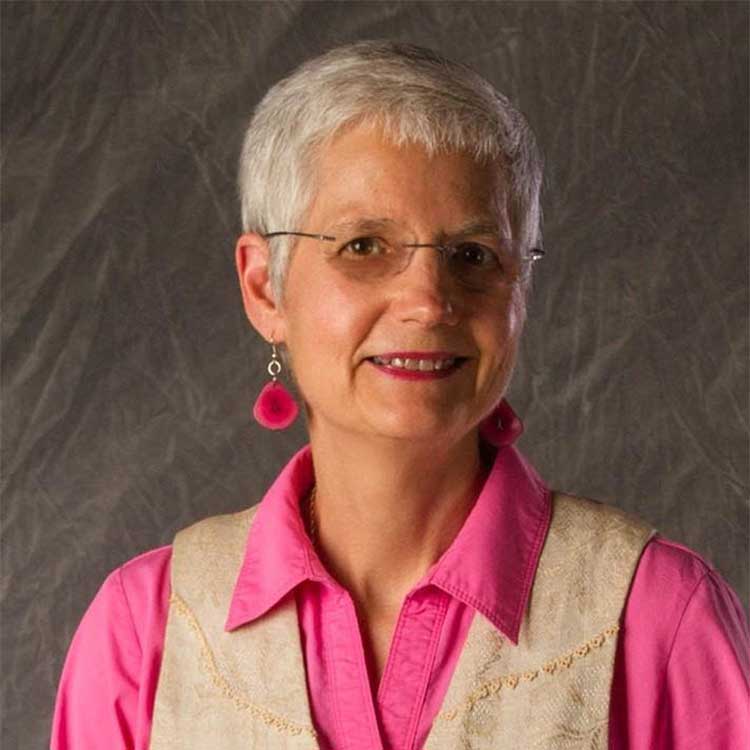
Laura Pole is an Oncology Clinical Nurse Specialist and Health Supportive Chef who has been providing integrative oncology clinical care, navigation, consultation and education services for over 35 years. Her interest in integrative cancer care began way before the field was well-known. She has spent years learning about complementary and alternative medicine (CAM) so that she could help both patients and clinicians become aware of safe and effective therapies to weave into conventional cancer care. She is also helping shape the practice of culinary translation—helping people with practical ways to translate a diet prescription into delicious healthy food. Laura’s earliest passion in oncology care has been helping people manage pain and other distressing symptoms. Along with that, she helps people talk about and choose care that aligns with their goals, wishes, and values.
Laura is Director of Nourishment Education Programs and retreat head chef for Smith Center. She is the Co-Creator and Co-Coordinator of Smith Center for Healing and the Arts’ national training in integrative oncology patient navigation. She is Senior Researcher for Commonweal’s “Beyond Conventional Cancer Therapies” project to provide patients, clinicians and researchers with the best available resources for integrating conventional and integrative cancer therapies. Laura also manages the “Media Watch Cancer News That You Can Use” Listserv for Smith Center. For most of her career, Laura has also been consulting with and educating patients and professionals in palliative care and advance care planning.
Laura is also the senior clinical consultant for CancerChoices, a free online web resource that gives information and guidance in integrative Cancer Care.



